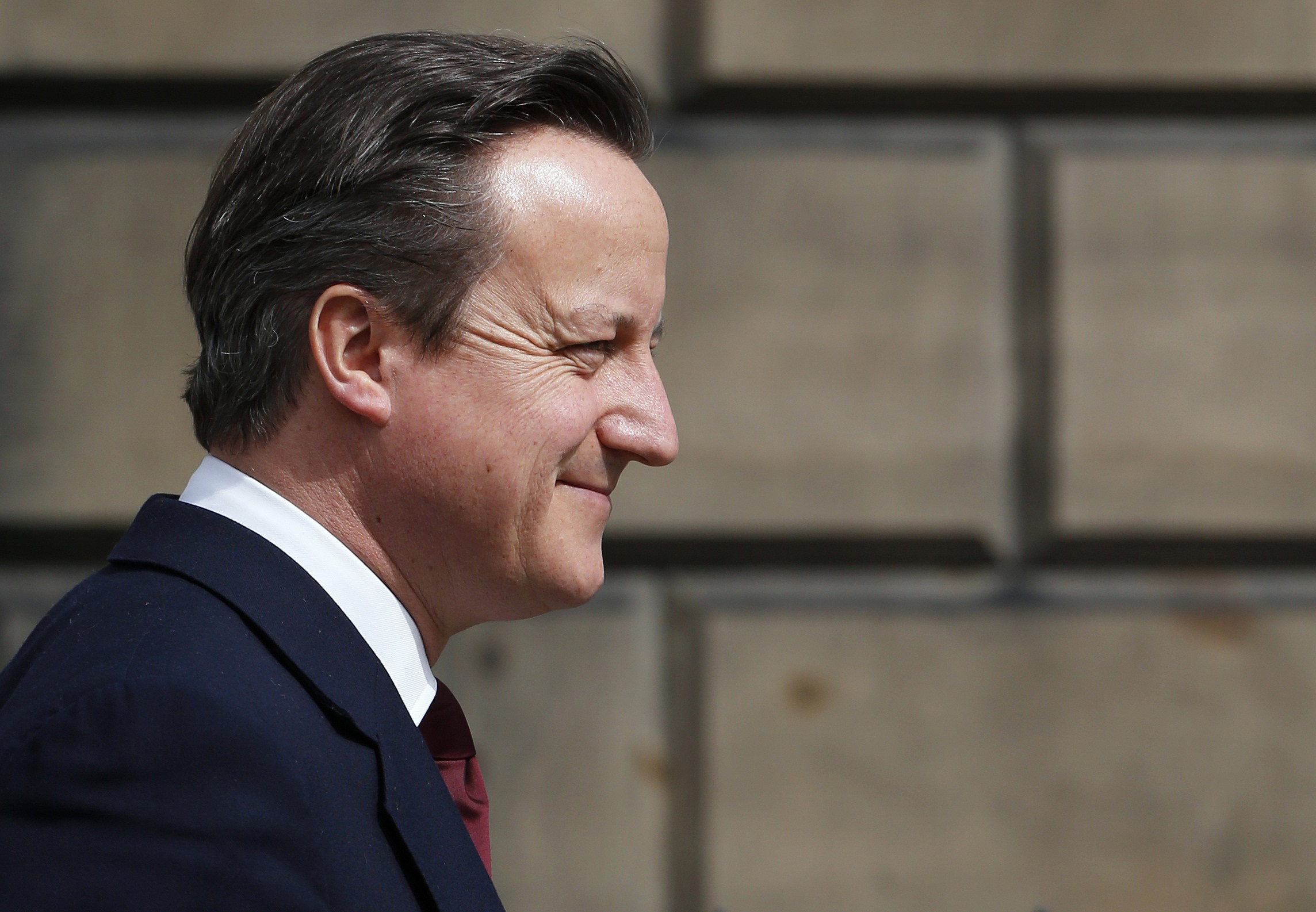It appears that after 40 quiet years, the British are once again making noises about a referendum on EU membership. Indeed, British PM David Cameron said after his recent re-election that the UK would put to a vote the question of whether to stay a member.
Above all, it is meant as a signal to Brussels, as the EU as a topic has never played much of a role in UK politics. So it was that after the election, British Finance Minister George Osbourne made his first visit to Brussels, and also immediately brought up the need to reform the EU.
The discussion didn’t get very specific, because London doesn’t have a full list of what exactly should be reformed in the EU. The signals to this point suggest that the desired changes pertain to immigration and social benefits. London is worried that people from elsewhere in the European Union are taking advantage of British social benefits.
Cameron has thus far referred to Eastern European immigrants in this connection. Brussels has rejected such criticism, arguing that freedom of movement is one of the basic principles of the EU and no compromises will be made on this policy. It is clear as day that if the British get Brussels to bend on the issue, many other EU member states will be in line.
The genie would be out of the bottle. It’s still an open question whether the possible changes would take place by way of changing the EU’s basic treaties themselves or in the framework of the current treaties. There’s no doubt that if the British demands lead to the need to amend the treaties establishing the EU, the entire community would be at an impasse. Changes to the treaties would mean referenda in other member states. In addition, the plan to amend the treaties would cause extra tension at elections in several member states, because the electorates of many member states are not as ambivalent toward the EU as are the British.
Let’s recall that it took eight years before the current Treaty of Lisbon entered into force. During that span, France and the Netherlands held referenda that yielded a “no” result, there was a time out, and political infighting between Brussels and member states. There is certainly no point in going through all of it again.
On the other hand, it is clear that were the UK to stay an EU member – even under different conditions – this would be better than a Brexit. The latter would mean the EU would lose one of its biggest members and appear more fragmented than ever before. That would be in Moscow’s interests because Russia has constantly put effort into breaking EU unity. An EU that is as cohesive and united as possible is in Estonia’s interests. That is especially true considering the pressure from Russia. Thus Estonia should work as hard as possible to keep the British in the EU.
A Brexit would mean Britain would be in greater isolation. Analysts have already noted that the British shouldn’t put high hopes on a special relationship with the US, as in the current Ukraine crisis, US has preferred to deal with German Chancellor Angela Merkel. Throughout history, the US has always been in favour of Britain remaining an EU member, as a united Europe is also strategically in America’s interests. A fragmented Europe has always meant headaches for the US. London would do well to realize this.
The piece was based on commentary aired on Retro FM European news on 15 May 2015.


